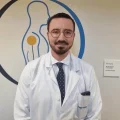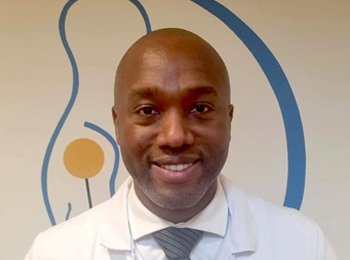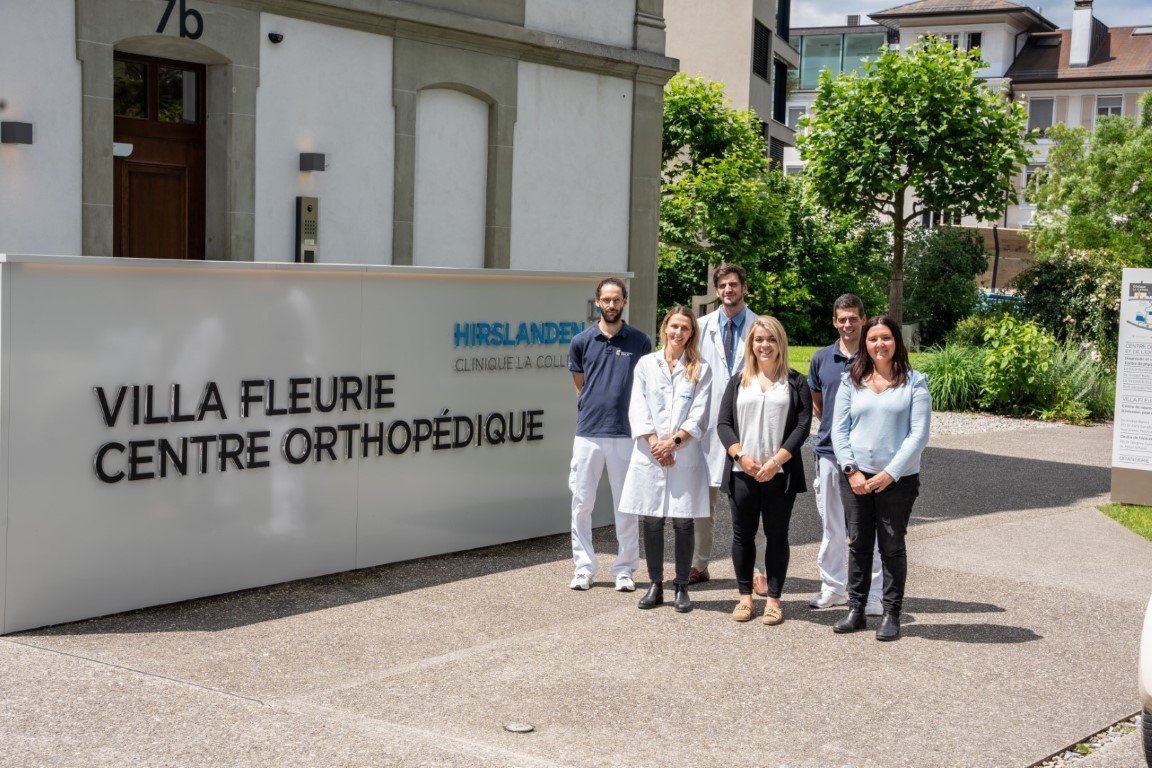Le PD Dr. Gregory Cunningham et son centre se concentrent sur les traumatismes et les lésions de l'épaule et du coude suivants :
Toutes les fractures du membre supérieur et d'une partie du poignet et de la main (clavicule, omoplate, épaule, bras, coude, avant-bras).
Luxation acromio-claviculaire
Luxation de l'épaule
Rupture de la coiffe des rotateurs et tendinite calcifiante
Déchirure du tendon du biceps au niveau du coude
Déchirure du tendon du pectoral
Déchirure du tendon du triceps
Arthrose de l'épaule
Arthrose du coude et corps étrangers
Epicondylite (coude de tennis et de golfeur)
Epaule gelée
L'équipe

L’équipe du CEPCO (Centre Epaule et Coude) est dirigée par le PD Dr. Gregory Cunningham, spécialiste de la chirurgie de l’épaule et du coude, fondateur du centre. L’équipe comprend également le Dr Tartarat, spécialiste en traumatologie et en médecine de réadaptation, ainsi que deux physiothérapeutes, Adrien et Edouard, qui travaillent en étroite collaboration avec l’équipe médicale. Le centre adopte une approche multidisciplinaire, intégrant la chirurgie, la médecine de réadaptation et la physiothérapie. L’équipe médicale est soutenue par Patricia, qui assure à la fois les fonctions de secrétaire médicale et d’assistante de recherche, et par Alexandra, secrétaire médicale.
Les Médecins

Le PD Dr. Cunningham est spécialisé en chirurgie de l’épaule et du coude.
Fondateur du CEPCO, il s’est formé aux Hôpitaux Universitaires de Genève et au Sydney Research Institute. Il est actif dans des sociétés scientifiques, a développé des techniques chirurgicales et publié de nombreux articles. Il est enseignant à la faculté de médecine de Genève.
La Dre. Tartarat est spécialisée en médecine traumatologique et de réahabilitation.
Elle s’est formée dans un centre universitaire de référence en traumatologie à Grenobles. Elle a établi de nombreux protocoles de réhabilitation avec des et réseaux d’urgences sur ces 15 dernières années et est responsable du centre des urgences d’Onex.
Fellowship

Dr. Jojin
Jose Chitten
Inde
Observership
02.05.22 - 31.05.22

Dr. Dineysh
Dhytadak
Inde
Observership
14.06.22 - 14.07.22

Dr. Paolo
Ocampo Rivera
Philippines
Fellowship
01.07.22 - 31.12.22

Dr. Rodrigo
Brandariz
Argentine
Fellowship
1.1.23-30.6.23

Dr. Andres
Borgonovo
Argentine
Fellowship
01.07.23 - 30.06.24

Dr. Stefano
Palladino
Suisse
Fellowship
01.08.24 - 31.10.24

Dr. Benoit
Borner
Suisse
Fellowship
01.10.24 - 01.12.24

Dr. Reynald
Reyes
Philippines
Fellowship
01.07.24 - 01.12.24

Dr. Jeremie
Dor
Luxembourg
Fellowship
01.01.25 - 30.12.25
Vous souhaitez vous spécialiser dans un centre reconnu par la société européenne de chirurgie de l’épaule et du coude ?
Les Physiothérapeutes
L’ équipe de Physiothérapie la Colline travaille en étroite collaboration avec le centre, et garantissent une prise en charge adaptée et spécialisée pour la réhabilitation de l’épaule et du coude.

Adrien
Physiothérapeute

Edouard
Physiothérapeute
Le Secrétariat

Patricia
Secrétaire médicale
Assistante de recherche

Alexandra
Secrétaire médicale







